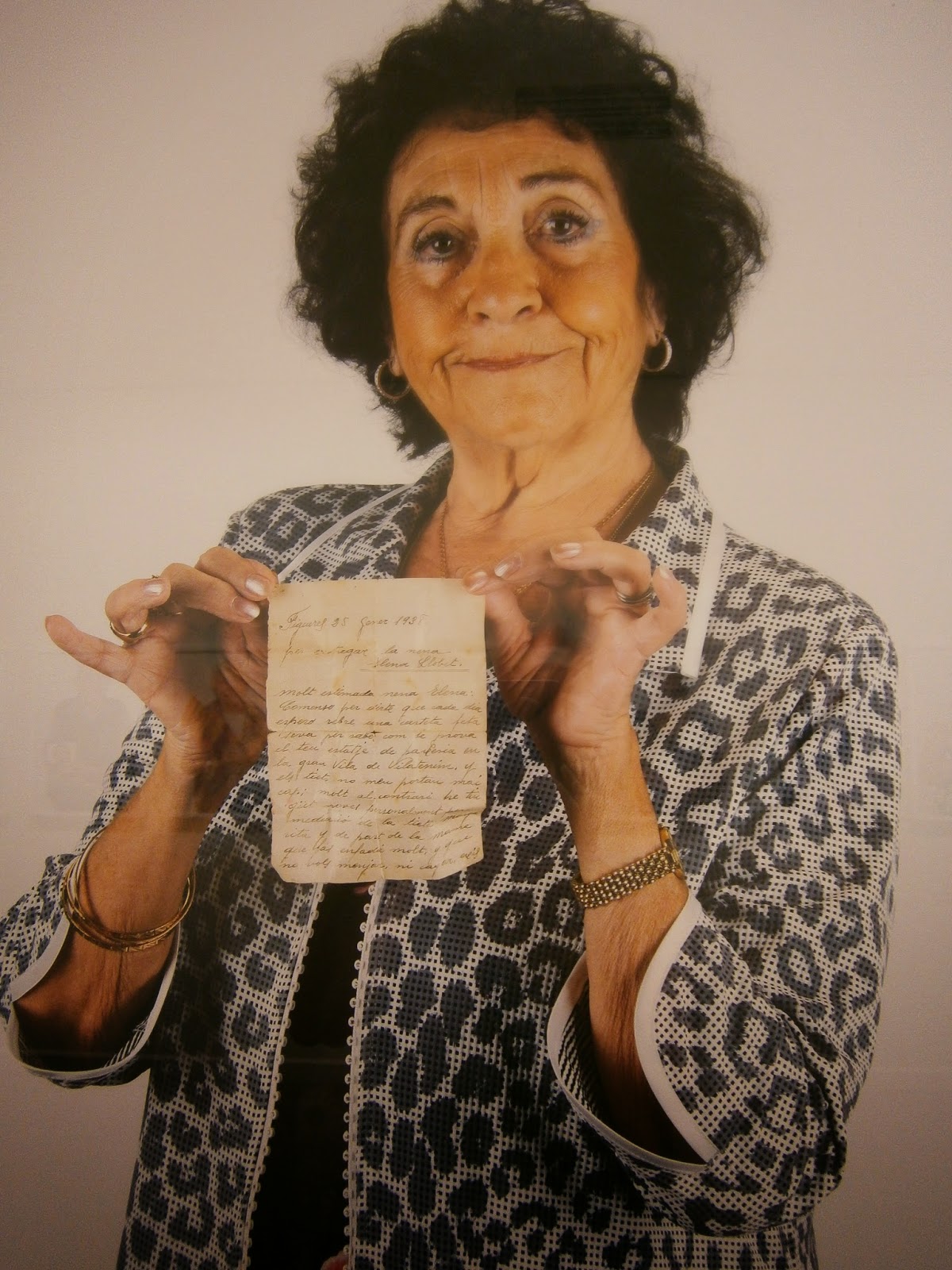 |
| Photo: Emporda Info |
Tramontane is a classical name for a northern wind. The word
comes from the Latin for beyond or across the mountains and it referred to the
Alps. The word is also used to refer to someone who comes from beyond the
mountains or anyone who is foreign or strange. More or less the same word is
used throughout the Mediterranean. In Croatia it is called tramontana, in
France it is tramontane, and in Catalonia it is tramuntana. There is a saying in
Catalan culture (especially in the Empordà)
that refers to a person as touched by tramuntana (tocat per la tramuntana) when they behave oddly or seemly lost
their marbles. Salvador Dalí was often referred to as someone tocat
per la tramuntana in his native Empordà.
I moved to Figueres, in the Empordà,
in June 2012. Two weeks later in July, there was a huge fire that started in La
Jonquera, the last inland town along the major highway before the French border
and not far north of here. I could smell it before I knew there was a wildfire.
I had my windows closed even before the authorities told us to, making it very
hot at home. I was making plans in my head for how to evacuate with my two
cats, but in the end it wasn’t necessary.
Yesterday in the late afternoon a fire started near Portbou,
the last village on the coast before you cross the border into France. So far
it has burned over 575 hectares and caused the highway and railroad to be
closed. This means that people who live or are vacationing in either Portbou or
neighboring Colera and Llança haven’t been able to enter or leave since
yesterday evening. They also have no electricity, water or phone. Those who
have been evacuated from their homes or camping sites are being lodged at the
civic center, attended to by the Catalan government and the Red Cross. Over 200
Catalan and French firefighters are fighting the fire, but helicopters and
airplanes that would drop water can’t fly when the wind blows at over 70 miles
an hour, so containment has been difficult.
Portbou is a small village with a big history. Now it serves
as a summer holiday spot, but historically it was important during two wars.
During the Spanish Civil War between 200,000 and half a
million Spaniards (the number depends on your source) fled Spain within weeks
of Franco’s troops taking Barcelona in late January 1939. Called La Retirada
(The Retreat), many of them crossed the Pyrenees at Portbou.
 |
| Photo: Robert Capra |
On 26 September 1940, during World War II and the German occupation of France, Walter Benjamin, a Jewish philosopher, cultural critic, and essayist, committed suicide by morphine overdose in Portbou. Benjamin had been living in France since 1933 and was fleeing the Nazis who the Vichy authorities were cooperating with. Having been helped by the virtually unknown American rescue worker Varian Fry, he had arrived in Portbou by climbing the mountains to cross the border with great difficulty, burdened by a briefcase containing his precious writings that he refused to leave behind. But Franco had suddenly cancelled all transfer visas so once in Spain, the Spanish police detained him and the small group he was traveling with. They were to be sent back to France the next day. Benjamin killed himself that night rather than go back and be handed over to the Nazis. The next day the procedure changed again and his two traveling companions were allowed to pass through Spain into Portugal from where they could sail. The manuscript that Benjamin had been carrying at such cost was never found. There is now a memorial to Walter Benjamin at Portbou by the Israeli artist Dani Karavanhe that sits on a clifftop by the Portbou municipal cemetery.
 |
| Photo: Vikipeida |

































